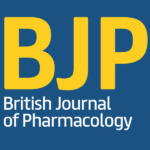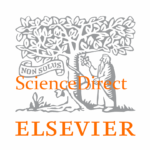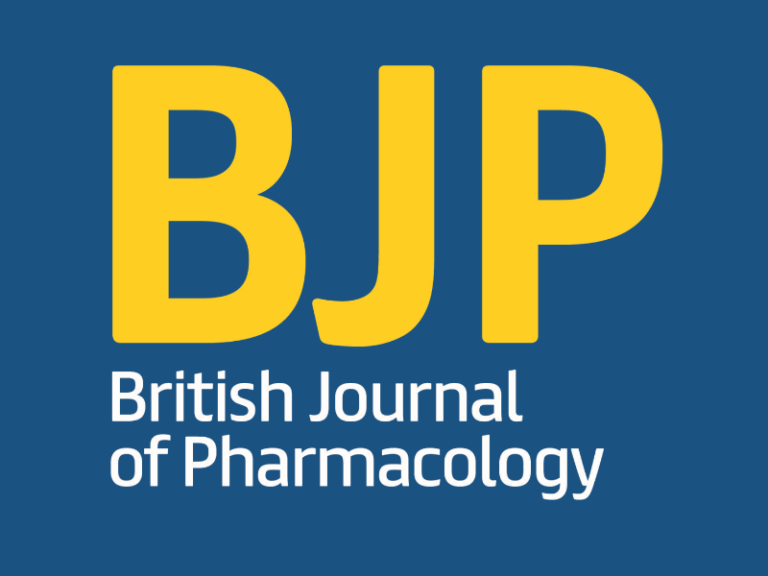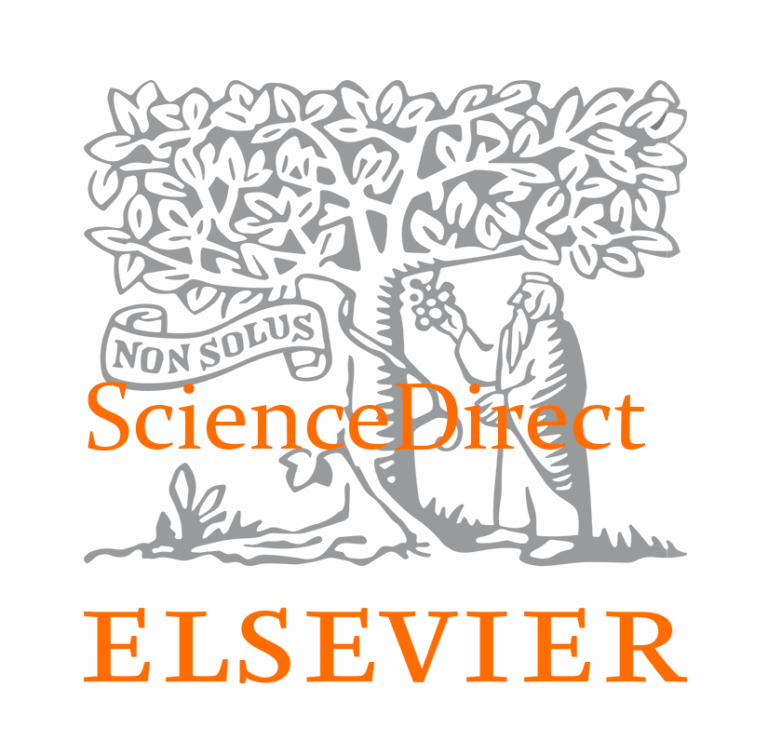Linda A Parker, Erin M Rock and Cheryl L Limebeer
Department of Psychology and Collaborative Neuroscience Program, University of Guelph,
Guelph, Ontario, N1G 2W1, Canada
British Journal of Pharmacology
A major advance in the control of acute emesis in chemotherapy treatment was the finding that blockade of one subtype of the 5-hydroxytryptamine (5-HT) receptor, the 5-HT3 receptor, could suppress the acute emetic response (retching and vomiting) induced by cisplatin in the ferret and the shrew (Costall et al., 1986; Miner and Sanger, 1986; Ueno et al., 1987; Matsuki et al., 1988; Torii et al., 1991). In clinical trials with humans, treatment with 5-HT3 antagonists often combined with the corticosteroid dexamethasone during the first chemotherapy treatment reduced the incidence of acute vomiting by approximately 70% (e.g. Bartlett and Koczwara, 2002; Aapro et al., 2003; Ballatori and Roila, 2003; Hickok et al., 2003; Andrews and Horn, 2006). However, the 5-HT3
antagonists are less effective at suppressing acute nausea than they are at suppressing acute vomiting (Morrow and Dobkin, 1988; Bartlett and Koczwara, 2002; Hickok et al., 2003) and they are ineffective at reducing instances of delayed (24 h later) nausea and vomiting (Morrow and Dobkin, 1988; Grelot et al., 1995; Rudd et al., 1996; Rudd and Naylor, 1996; Tsukada et al., 2001; Hesketh et al., 2003) and anticipatory (conditioned) nausea and vomiting (Nesse et al., 1980; Morrow and Dobkin, 1988; Hickok et al., 2003). More recently, NK1 receptor antagonists (e.g. aprepitant) have been developed that not only decrease acute vomiting, but also decrease delayed vomiting induced by cisplatinbased chemotherapy (Van Belle et al., 2002); however, these compounds alone and in combination with 5-HT3 antagonist/dexamethasone treatment are also much less effective in reducing nausea (e.g. Hickok et al., 2003; Andrews and Horn, 2006; Slatkin, 2007), which is the symptom reported to be the most distressing to patients undergoing treatment with 5-HT3 antagonists (deBoerDennert et al., 1997). Considerable evidence suggests that another system that may be an effective target for treatment of chemotherapy-induced nausea, delayed nausea/vomiting and anticipatory nausea (AN)/vomiting is the endocannabinoid system (e.g. for review, Parker and Limebeer, 2008).
To read more, download the full article here.











